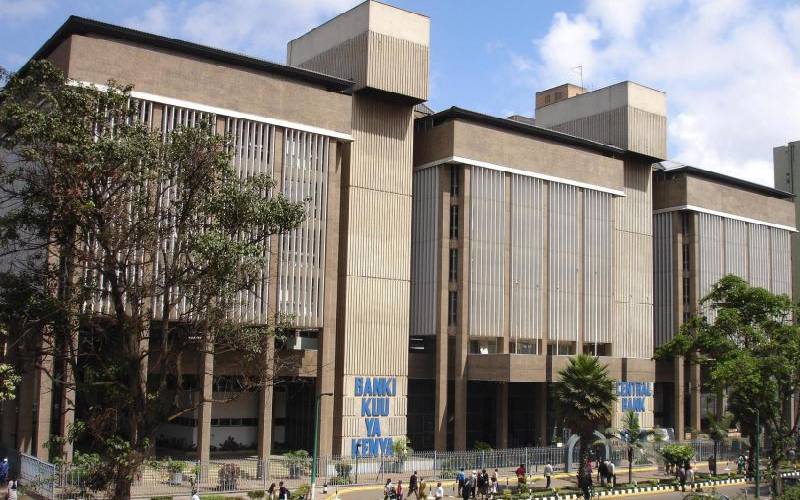×
The Standard e-Paper
Smart Minds Choose Us
 The Central Bank of Kenya (CBK) wants all mobile loan providers regulated under new strict guidelines stipulated in the Banking Charter, and which came into effect yesterday.
The Central Bank of Kenya (CBK) wants all mobile loan providers regulated under new strict guidelines stipulated in the Banking Charter, and which came into effect yesterday.
CBK Governor Patrick Njoroge said he hoped some of the firms operating mobile phone loan applications would be wiped out, “as they are simply fancy shylocks.”